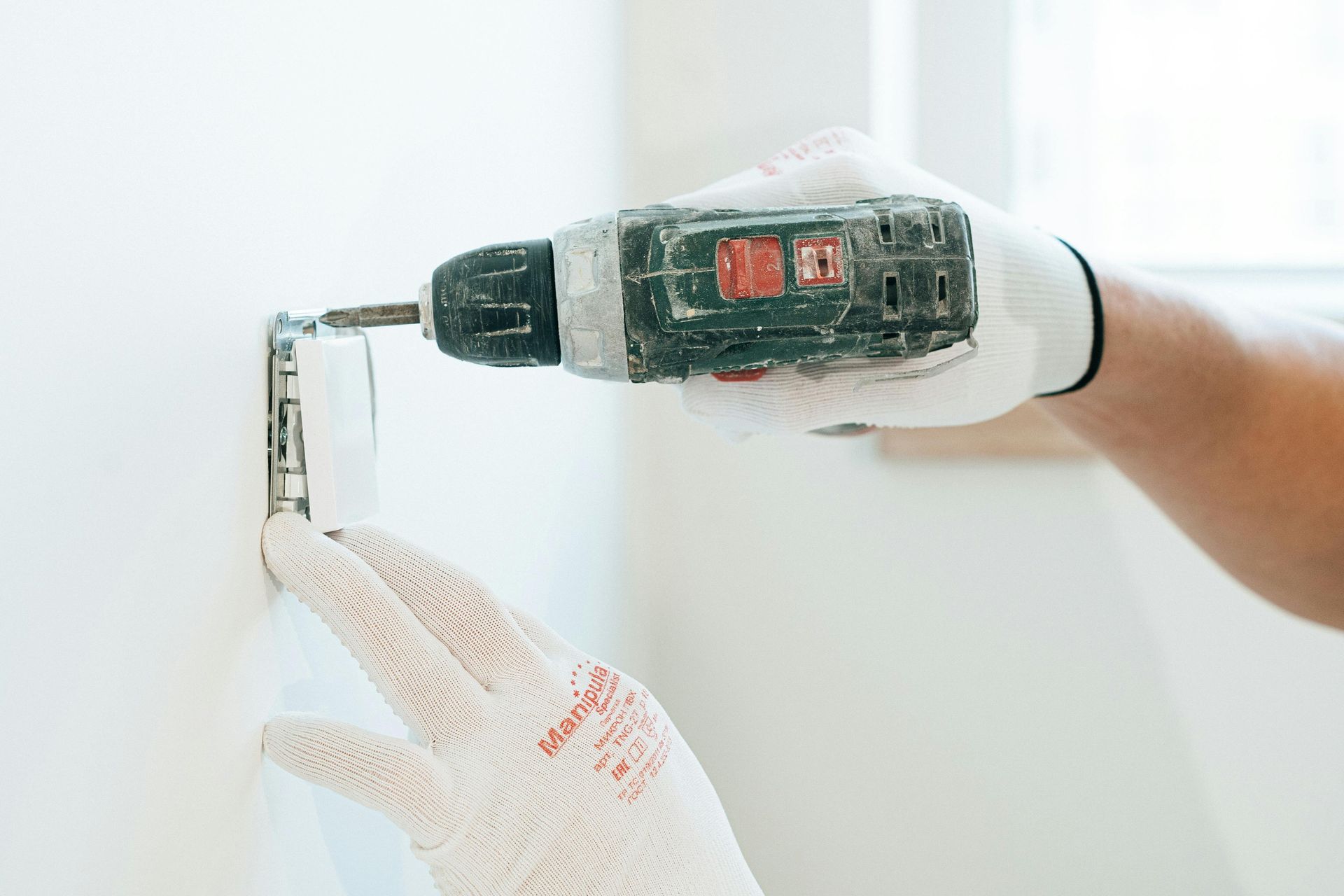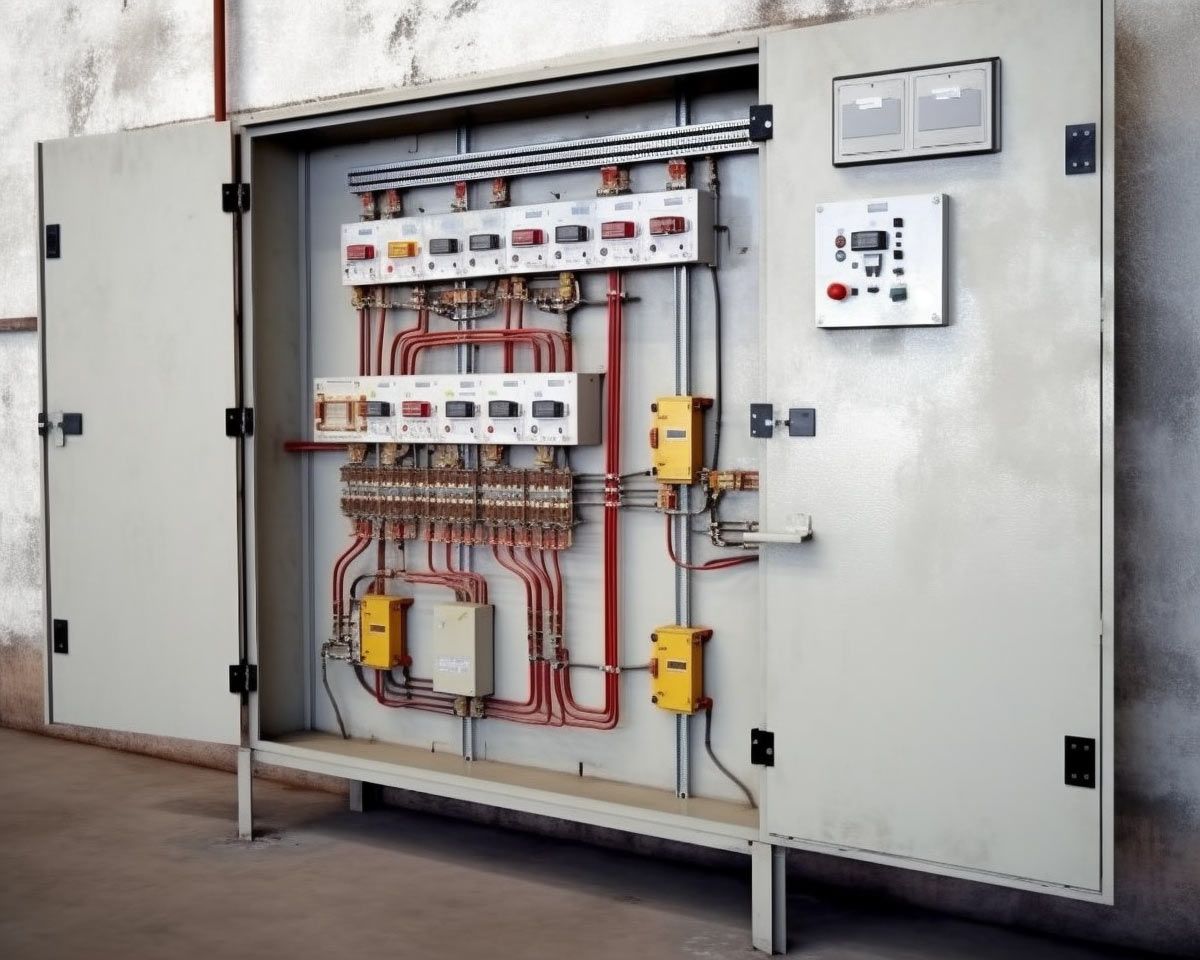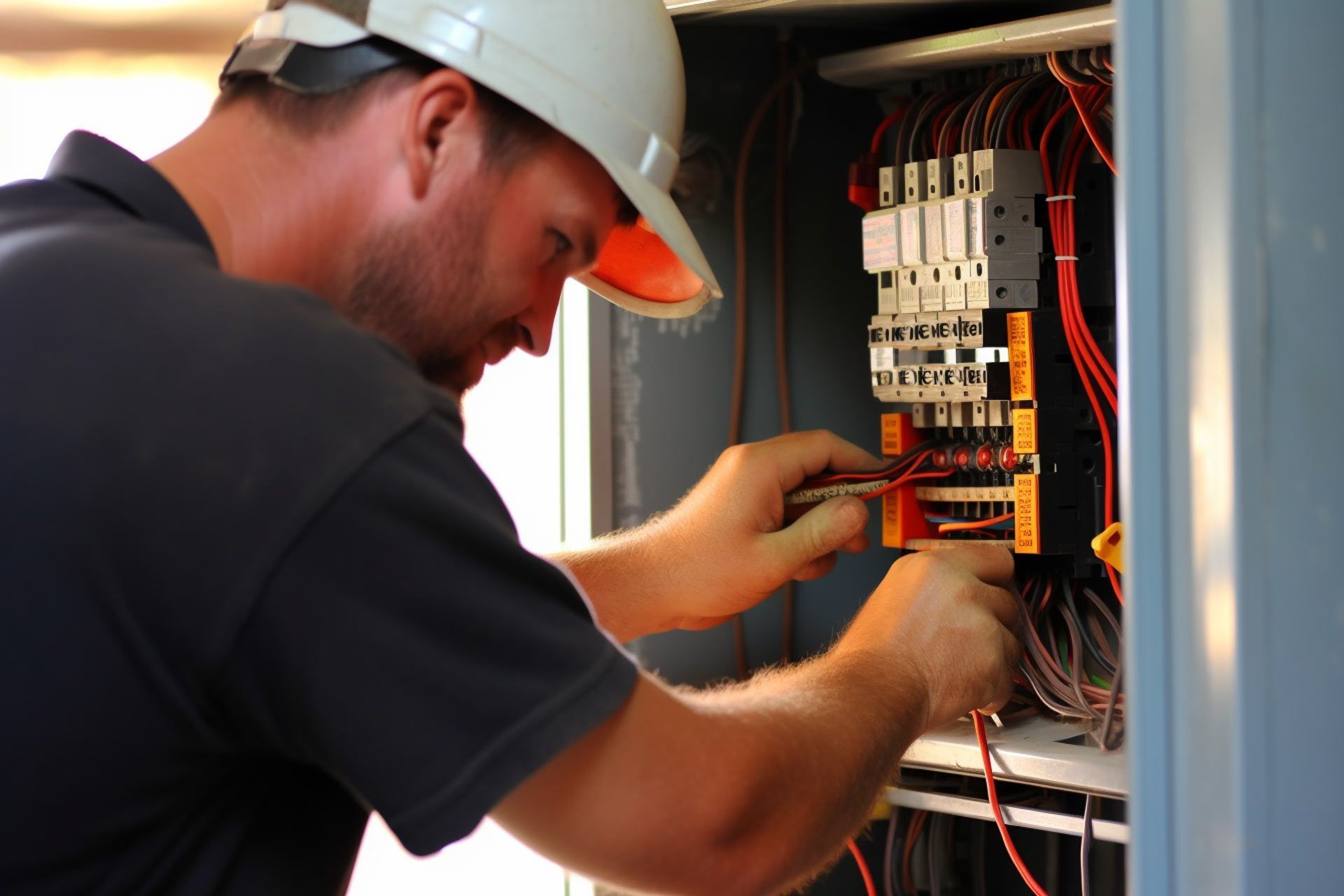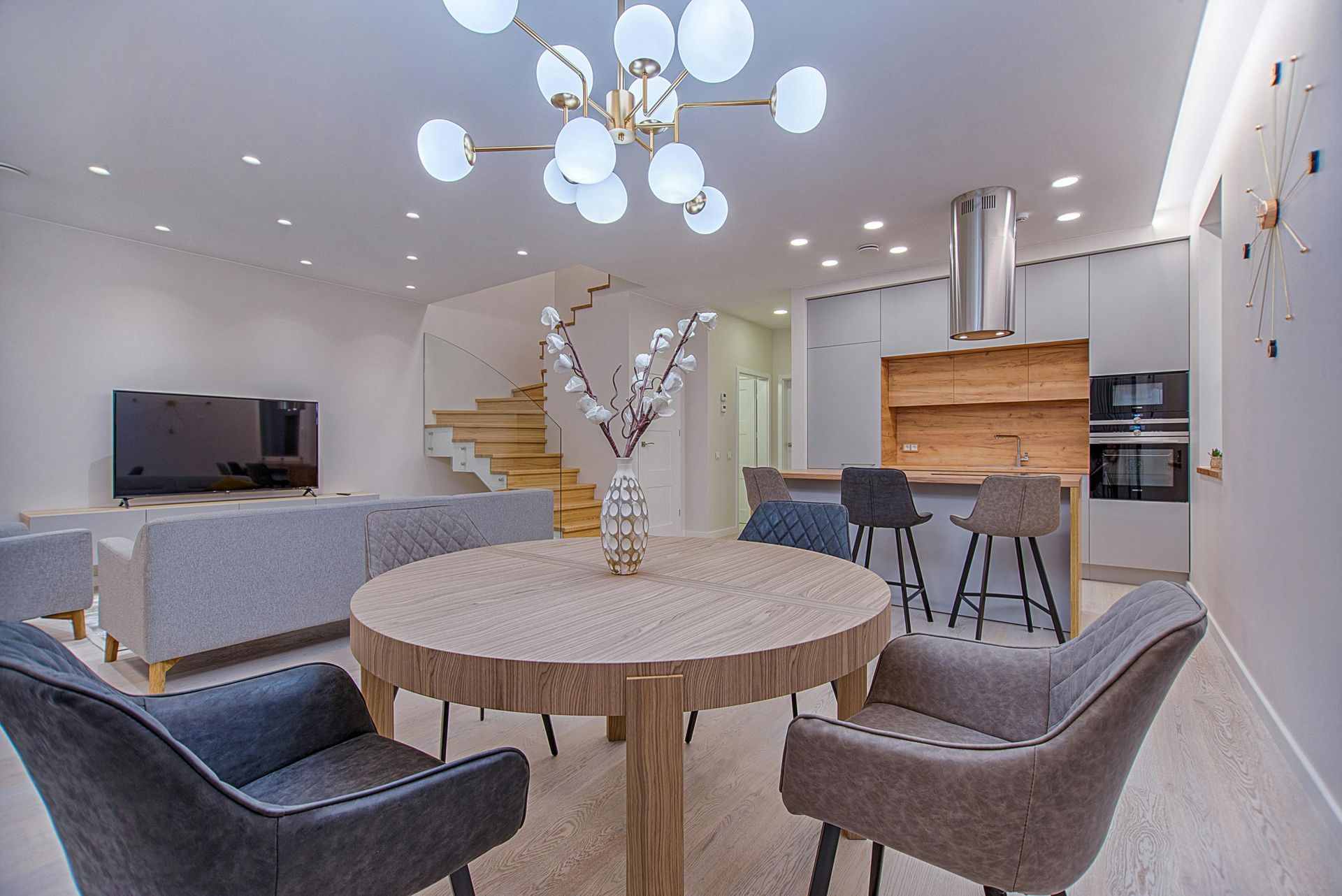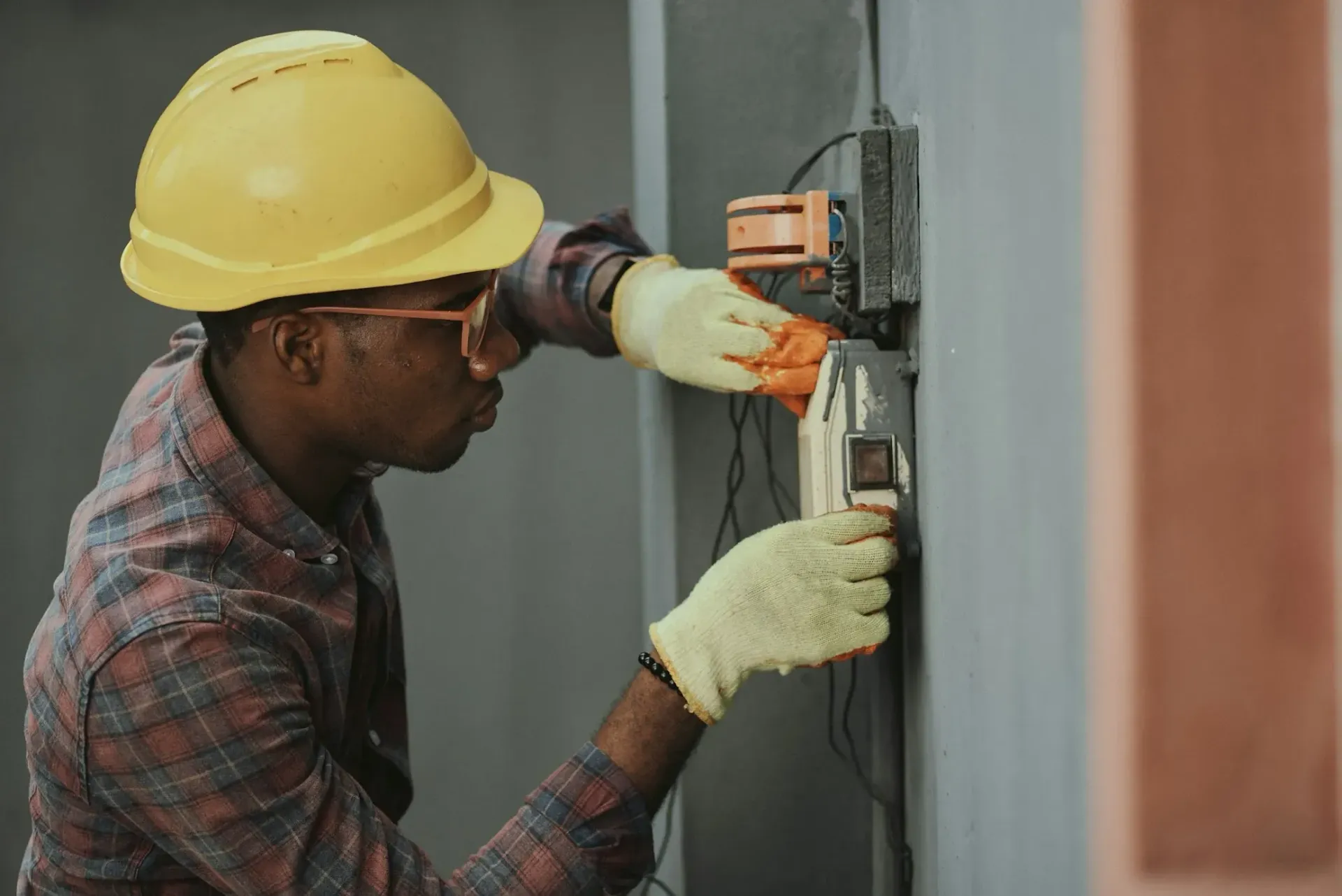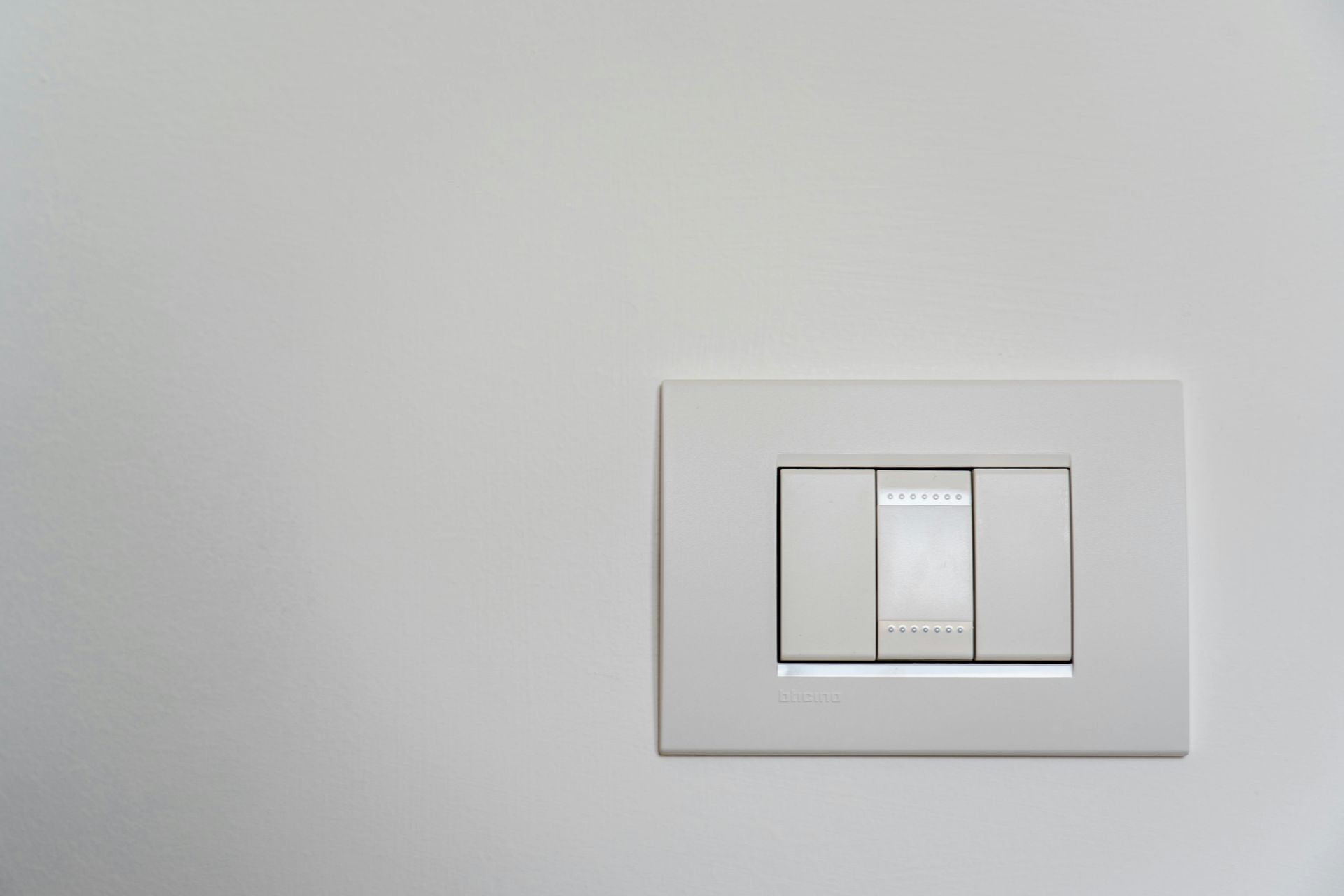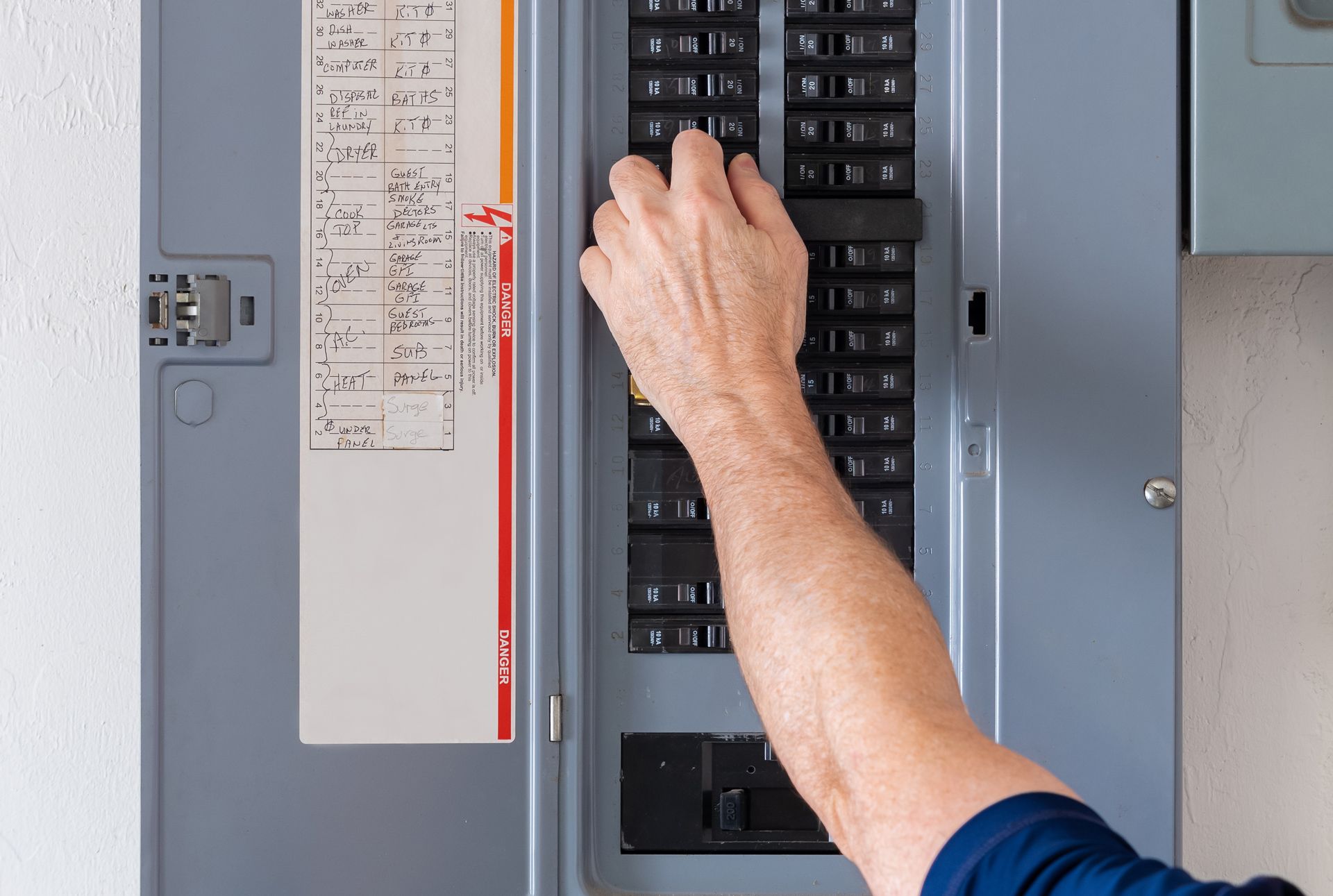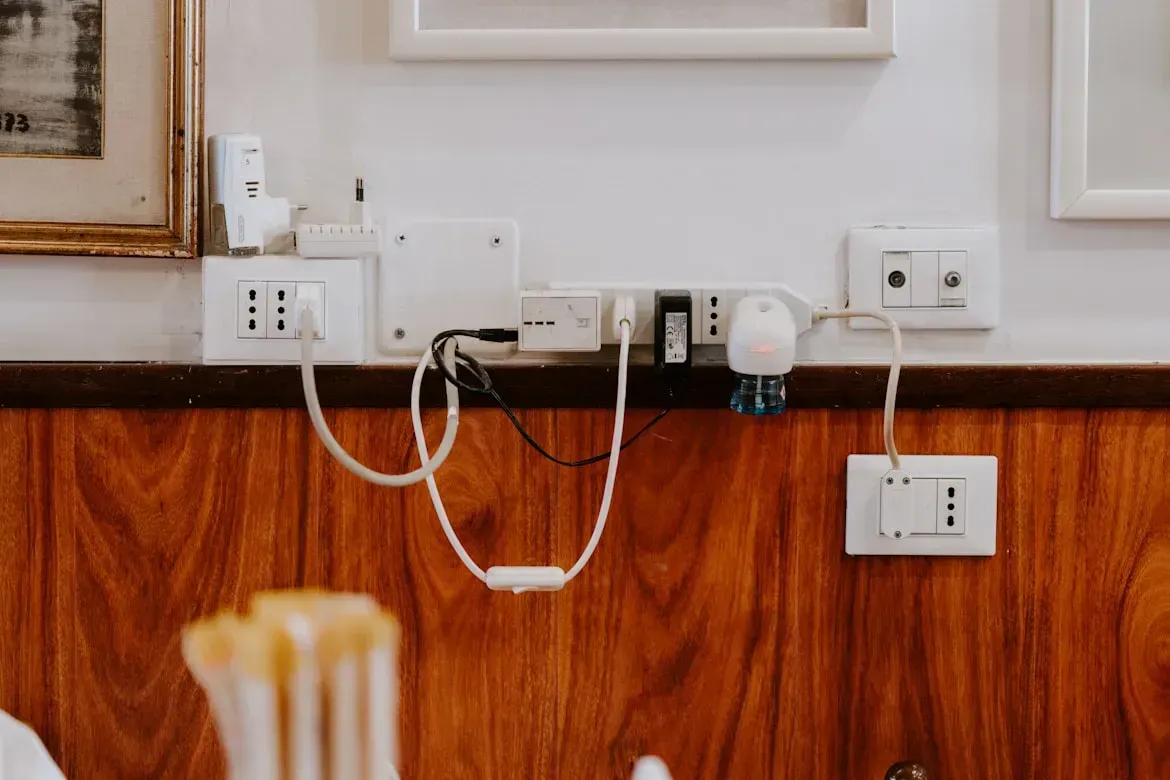
How Much Does It Cost to Replace Light Switches and Outlets?
Replacing light switches and outlets is a common home project, whether you're upgrading old fixtures or dealing with faulty ones. It’s important to know what you’re paying for, especially when it comes to labor costs. Electricians charge based on their expertise and time, and the price can change depending on several factors.
In this blog, we’ll walk you through what affects the labor cost, what you can expect to pay, and how to make sure you’re getting the job done right without breaking the bank.
Factors That Affect the Labor Cost of Replacing Switches and Outlets
Several factors play into the cost of replacing light switches and outlets. Understanding these can help you estimate what you'll end up paying and avoid surprises.
1. Complexity of the Electrical System
The more complicated your home’s electrical system is, the more time and effort it’ll take to replace switches or outlets. Older homes often have outdated wiring that needs extra care, or may require additional upgrades to meet current electrical codes. This extra work will increase the labor cost compared to a straightforward job in a newer home.
2. Number of Outlets and Switches
It’s simple math—the more outlets and switches you want replaced, the more it’s going to cost. Electricians usually charge by the hour, so if you’re having several units replaced in one visit, the total labor cost will naturally go up.
3. Condition of the Existing Wiring
If the wiring behind your switches or outlets is worn out or damaged, it can turn a simple job into something more complex. Electricians may need to fix or replace wiring, which can add time and labor to the job, raising the overall price.
4. Local Electrician Rates
Electricians charge different rates depending on where you live. On average, the labor cost to replace a light switch or outlet ranges from $50 to $150 per hour. In Utah, particularly areas like Lehi, American Fork, Pleasant Grove, Sandy, and Draper, the rate generally falls between $75 to $120 per hour. In southern Utah cities like St. George, Hurricane, Cedar City, and Washington, rates tend to be closer to $65 to $110 per hour.
It’s a good idea to get quotes from local electricians so you can compare and find a price that works for your budget.
Average Labor Costs to Replace Light Switches and Outlets
Knowing the average labor costs can help you plan better for your project. Electricians typically charge either by the hour or per switch/outlet. Here’s a rough breakdown of what you can expect.
1. Hourly Rates
As mentioned earlier, the average hourly rate for an electrician generally falls between $50 and $150, depending on your location and the complexity of the job. For example, in areas like Lehi or St. George, you’re likely to pay between $65 and $120 per hour.
2. Per Switch/Outlet Cost
If the electrician charges a flat rate per unit, you can expect to pay between $100 and $200 for each switch or outlet replacement. This covers the labor and basic materials. Some electricians offer discounts if you’re replacing several switches or outlets at once, so it’s worth asking.
3. Estimated Total Costs
For a small project, like replacing two or three switches or outlets, the total labor cost could range from $150 to $450, depending on your area. Larger projects that involve replacing multiple units or upgrading wiring could push the cost higher.
Having a general idea of these costs can help you avoid overpaying and make sure the work is completed within your budget.
Should You Hire a Professional Electrician for Replacing Switches and Outlets?
When it comes to electrical work, many homeowners wonder if they can handle it themselves. Replacing a light switch or outlet may seem simple, but there are several reasons why hiring a professional electrician is the better choice.
1. Safety First
Electrical work carries inherent risks, especially if you're not experienced. A mistake could lead to electrical shocks, fires, or even serious injury. Professional electricians are trained to handle these risks, ensuring the work is done safely and up to code. In many cases, local regulations require that a licensed electrician perform electrical work, particularly if it involves the wiring behind outlets or switches.
2. Knowledge of Electrical Codes
Electricians are familiar with local and national electrical codes, which means they can ensure that your new switches and outlets meet current safety standards. If you replace an outlet or switch yourself and it’s not up to code, you could run into issues down the line—especially if you plan to sell your home.
3. Long-Term Savings
Hiring a professional may seem expensive upfront, but it could save you money in the long run. Faulty DIY electrical work can lead to problems that are costly to fix. A professional ensures the job is done right the first time, avoiding potential repairs or damage in the future.
4. Insurance and Liability
If you attempt electrical work yourself and something goes wrong, your homeowner’s insurance might not cover any resulting damage. Hiring a licensed electrician protects you from this risk, as they carry insurance to cover any accidents or issues that may arise during the job.
In the end, hiring a professional for electrical work—whether replacing light switches or outlets—is a smart investment in safety and peace of mind.
Additional Costs and Considerations When Replacing Switches and Outlets
Beyond labor costs, there are additional factors that can affect how much you’ll pay to replace light switches and outlets. Understanding these can help you plan for any extra expenses that may come up.
1. Materials and Equipment
While the cost of basic switches and outlets is usually low (around $5 to $15 each), you may want to upgrade to higher-quality or specialized outlets, like GFCI (Ground Fault Circuit Interrupter) outlets for kitchens and bathrooms. These can cost anywhere from $15 to $50 each. Additionally, any extra wiring or boxes needed for the installation may add to the overall cost.
2. Permits and Inspections
In some areas, electrical work requires a permit, which ensures that the job is inspected and meets safety standards. The cost of permits varies, but they typically range from $50 to $150. Your electrician will usually include the permit fees in their quote, so it’s important to ask about this during the estimate process.
3. Emergency or After-Hours Work
If you need to have your switches or outlets replaced in an emergency, during off-hours, or on weekends, electricians may charge a premium. Emergency services can add anywhere from $100 to $300 to the total cost, depending on how quickly you need the work done.
4. Older Homes and Hidden Issues
Homes with older electrical systems may require additional work to replace light switches and outlets safely. Hidden issues like damaged or outdated wiring can complicate the job, increasing both the time needed and the final cost. An electrician will usually discover these issues during the replacement process and will advise you on the necessary repairs, which could add a few hundred dollars to the project.
These are just a few examples of extra costs that could come up. It’s always a good idea to discuss potential surprises with your electrician beforehand so you can budget accordingly.
How to Save Money on Electrical Work for Switches and Outlets
Hiring an electrician doesn’t always have to break the bank. There are several ways you can cut costs while still ensuring the work is done safely and professionally. Here are some tips to help you save:
1. Bundle Electrical Projects
If you have multiple
electrical jobs that need doing—like replacing several switches, outlets, or even light fixtures—try bundling them into one service call. Electricians often charge less per unit when handling multiple tasks in a single visit. This saves time for them and money for you.
2. Get Multiple Quotes
It’s always smart to get quotes from at least two or three electricians before deciding who to hire. This allows you to compare rates and find the best deal for your budget. Just make sure each quote covers the same scope of work so you can make an accurate comparison.
3. Source Your Own Materials
Some electricians will allow you to provide your own outlets and switches, which can cut down on costs. If you’re looking for specialty or high-end outlets, sourcing them yourself from a hardware store or online retailer may save you some money. Just be sure to check with the electrician beforehand to ensure they’re compatible with your existing system.
4. Schedule Non-Urgent Work
Avoid scheduling electrical work during peak times or emergencies unless absolutely necessary. Electricians often charge extra for weekend, holiday, or after-hours service. If you can wait, schedule your project during normal business hours to avoid paying a premium.
5. Do Some Prep Work Yourself
While electrical work itself should be left to the pros, you can prep the area to save time. Clearing furniture or obstacles away from outlets and switches, for example, can make the electrician’s job faster and more efficient, potentially cutting down on labor time.
By following these simple steps, you can save money while still ensuring your electrical work is done safely and professionally.
Final Thoughts
Replacing light switches and outlets might seem like a simple task, but there are many factors that can affect the cost. From the complexity of your home’s electrical system to the number of units being replaced, understanding these variables helps you make informed decisions. Hiring a licensed electrician ensures the job is done safely and in compliance with local codes.
While the costs can vary based on your location and project specifics, you can save money by bundling services, getting multiple quotes, and sourcing your own materials. Taking these steps will help you stay within budget while ensuring quality work.
For expert electrical services in Utah, trust Bar H Bar Electric. Whether you're in Lehi, American Fork, Pleasant Grove, Sandy, Draper, St. George, Hurricane, Cedar City, or Washington, they provide reliable electrical solutions at competitive rates.
Bar H Bar Electric specializes in a wide range of services, including outlets and switches, electrical panels, wiring & rewiring, electric car chargers, spa hookups, and more. They have the skills and expertise to handle any job safely and efficiently.
Reach out to Bar H Bar Electric today for a quote. Let their licensed electricians take care of your home’s electrical needs, ensuring your peace of mind and safety with high-quality repairs and installations.
Frequently Asked Questions (FAQs)
1. What is the cheapest way to replace outlets and switches?
The most cost-effective way to replace outlets and switches is to bundle several replacements into one service call. You can also save money by sourcing your own materials or opting for standard, non-specialized outlets and switches.
2. How long does it take to replace a light switch or outlet?
On average, it takes about 15 to 30 minutes to replace a light switch or outlet. However, the time can vary depending on the condition of the wiring and the number of units being replaced.
3. Can I replace a switch or outlet without turning off the power?
No, you should always turn off the power at the breaker before attempting any electrical work. Working with live wires is extremely dangerous and should be avoided.
4. Does replacing outlets increase home value?
Upgrading outlets, especially in high-use areas like the kitchen or bathroom, can slightly improve your home’s value, particularly if you're installing modern or safer outlets like GFCI outlets. It’s also seen as an important safety upgrade.
5. What type of outlets should I use in a kitchen or bathroom?
For kitchens and bathrooms, you should use GFCI (Ground Fault Circuit Interrupter) outlets. These outlets are designed to prevent electrical shocks in areas where water is present.
Phone
Utah County: (480) 686-2115
St George: (480) 686-5978
Hour of Service
- Mon - Fri
- -
- Sat - Sun
- Closed
